Hedhvick Hirav
Hedhvick Hirav is a dedicated EV researcher and editor with over 4 years of experience in India’s growing electric vehicle ecosystem. Their contributions have been recognized in leading sustainability publications and automotive journals.
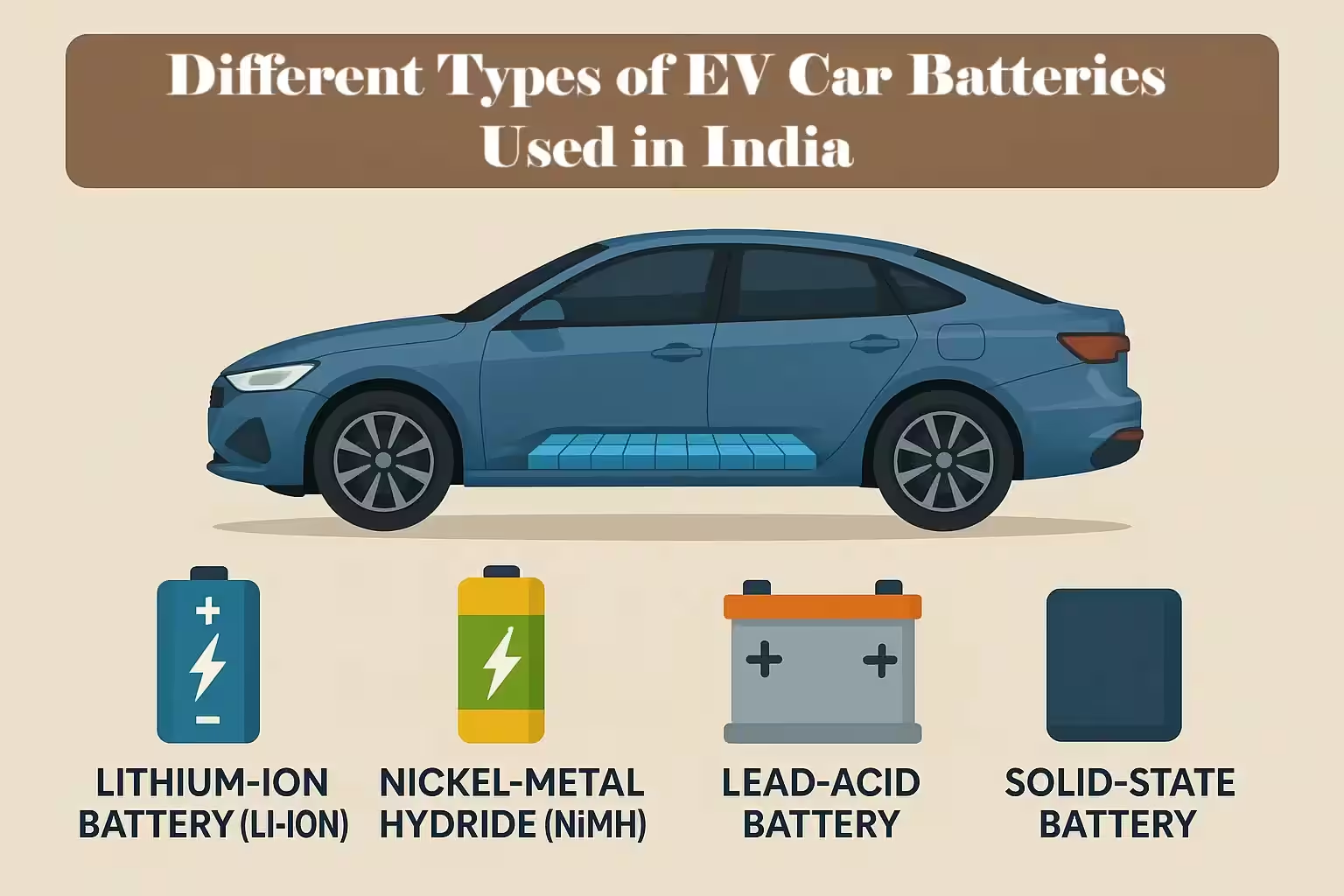
How to Start EV Business in India | EV Franchise Opportunities
India is steering into a transformative era of electric mobility. With FAME II, state subsidies, and consumer awareness on the rise, 2025 is a breakout year for entrepreneurs seeking to enter the EV space.
Whether you’re planning an electric vehicle dealership, EV charging station franchise, battery swapping station, or electric scooter showroom, this guide outlines how to start, where to invest, and what to expect.
Why 2025 is the Breakout Year for EV Franchising in India
According to SIAM, EV sales in India reached over 15 lakh units in FY 2023-24, marking an 80% year-on-year increase.
Government initiatives driving growth:
- FAME II Extended till March 2024 with ₹10,000 Cr in subsidies
- PLI Scheme for battery manufacturing: ₹18,000 Cr allocated
- GST at just 5% on EVs and charging equipment
- State EV policies offering capital subsidies, tax waivers, and low-interest loans
Result: Tier 2 and Tier 3 cities are showing unprecedented EV adoption rates.
Top EV Franchise Opportunities in India (2025)
1. 🚘 Electric Vehicle Dealership
| OEM | Initial Investment | Payback Period | Key Benefits |
|---|---|---|---|
| Tata EV | ₹50–70 Lakhs | 24–30 months | Strong brand, lead generation |
| Hero Electric | ₹25–35 Lakhs | 12–18 months | Low entry barrier |
| Ather Energy | ₹40–50 Lakhs | 18–24 months | Tech-driven premium support |
| Ola Electric | ₹30–40 Lakhs | 15–20 months | Youth-driven high demand |
FAQ: Is this viable in smaller cities?
Yes. Cities like Mysore, Patna, and Nashik are emerging as strong EV hubs due to lower real estate costs and increasing awareness.
2. ⚡ EV Charging Station Franchise
Top Operators: Tata Power EZ Charge, ChargeZone, EVRE, Zeon Charging
- Setup Cost: ₹12–20 Lakhs
- Revenue Model: Pay-per-use, subscription, fleet partnerships
- Monthly Income: ₹60,000 to ₹1.2 lakh
- ROI Timeline: 2–3 years
✅ Tata Power plans to double its 4,000+ charging stations by 2025.
FAQ: Can I use solar energy?
Yes. Solar can reduce operational costs by up to 40% (MNRE, 2024)
3. 🔋 Battery Swapping Franchise
Franchise Partners: Sun Mobility, Bounce Infinity, RACE Energy
- Ideal for: 2W & 3W segments
- Investment: ₹10–15 Lakhs
- Space Needed: 500–1000 sq.ft.
- Monthly Revenue: ₹75,000–1.5 Lakhs
Expert Tip: Swap stations near residential clusters and delivery hubs have faster ROI.
4. 🛵 Electric Scooter Dealership
Top Brands: PURE EV, Ampere, Ola S1, Okinawa
- Setup Cost: Starts at ₹12–20 Lakhs
- Add-on Revenue: Accessories, insurance, AMC, merchandise
- ROI: 1.5–2 years
FAQ: Which scooters give the best ROI?
Ola and Ather offer high resale value and longer battery warranties.
ROI Comparison of EV Business Models
| Franchise Type | Avg. Monthly Revenue | Margin | ROI Period |
|---|---|---|---|
| EV Dealership | ₹3–5 Lakhs | 12–20% | 2–3 years |
| Charging Station | ₹60k–1.2 Lakhs | 30–40% | 2–3 years |
| Battery Swapping | ₹75k–1.5 Lakhs | 25–35% | 1.5–2 years |
| Scooter Franchise | ₹2–3 Lakhs | 15–22% | 1.5–2 years |
Tip: Add services like insurance, finance, and AMC for 20–25% margin boost.
Government Incentives for EV Businesses
- FAME II Subsidy: Up to ₹10 lakh per business
- Tax Deduction: ₹1.5 lakh under Sec 80EEB for EV loan interest
- State Benefits:
- Maharashtra: ₹1 lakh per vehicle
- Gujarat: 50% infra support
- Delhi: Road tax waiver
How to Start EV Business in India: Step-by-Step
Step 1: Choose Your Segment
- EV Dealership
- Charging Station
- Battery Swapping
- Scooter Franchise
Step 2: Market Research
- Check local EV adoption
- Study state incentives
- Analyze competitors
Step 3: Financial Planning
- Secure funding via NBFCs or govt loans
- Keep 10–15% for contingency
Step 4: Setup & Licenses
- Choose locations with parking & power
- License not needed for public chargers, but board permission is
Case Study: Tier 2 Success Story
Name: Priya R.
City: Coimbatore
Franchise: Zeon Charging
Investment: ₹15 Lakhs
Monthly Income: ₹1.1 Lakhs
Break-even: 17 months
Her Strategy:
- Partnered with delivery fleets
- Tied up with colleges
- Ran local EV awareness drives
Challenges to Consider
- High upfront cost (dealerships & fast chargers)
- Power reliability in rural zones
- Consumer myths on safety & charging
- After-sales dependency on OEMs
Final Thoughts: EV Is Now, Not the Future
2025 is the year to act on India’s green mobility opportunity. Whether you’re an investor, dealer, or entrepreneur, the EV franchise space is full of potential, especially in tier 2 cities.
✅ Action Plan:
- Pick your segment
- Compare franchise options
- Lock down location
- Apply for state & FAME incentives
Be an early mover. Lead India’s electric revolution.
Want to contribute your EV story or case study?
Write for us at avmedianews321@gmail.com or visit https://www.evblogs.in


